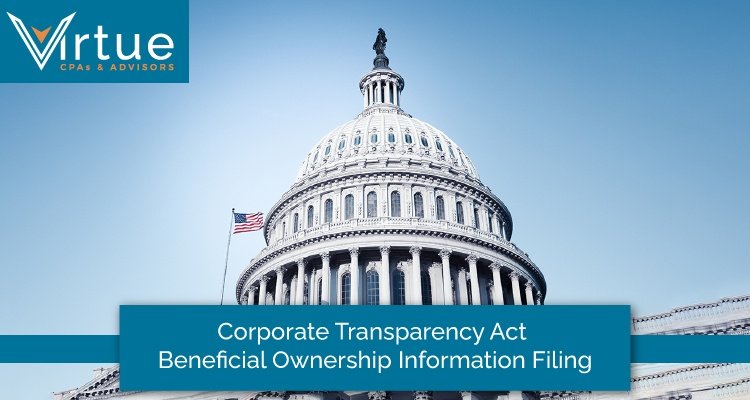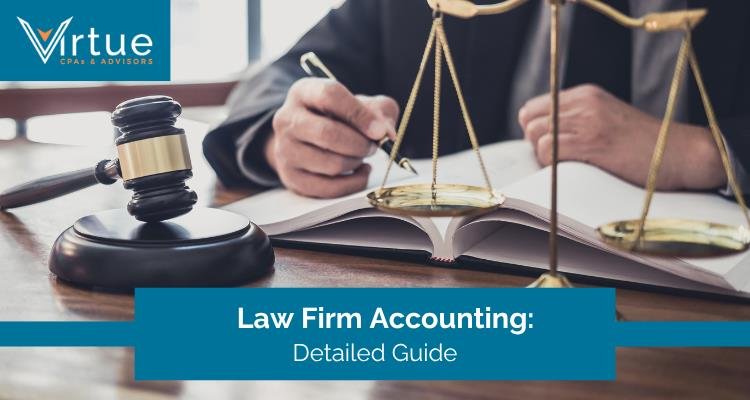Introduction
As of January 1, 2024, the Corporate Transparency Act (CTA) went into effect, which requires certain entities in the US to report information about their beneficial owners to the Financial Crimes Enforcement Network (FinCEN).
This Corporate Transparency Act (CTA) has been enacted as a part of the Anti-Money Laundering Act of 2020, making it essential to report beneficial ownership information (BOI) for certain types of entities unless exempt.
Continue reading the blog to obtain complete information on this formal implementation of the US Corporate Transparency Act (CTA), including entities required to report, the information needed to be reported, and certain exemptions from reporting.
Understanding US Corporate Transparency Act (CTA)
With the formal implementation of the US Corporate Transparency Act (CTA) on 1 January 2024, most businesses will have to disclose information relating to ownership, officers, and controlling persons to the US Treasury Department’s Financial Crimes Enforcement Network (FinCEN).
Business owners must file a new and very personal beneficial ownership information report as part of the federal Corporate Transparency Act (CTA).
Failing to file the report can risk harsh civil and criminal penalties, including hefty fines and possible time behind bars.
To put it simply, compliance is mandatory.
When To File The Report?
Companies in existence prior to January 1, 2024, must report by January 1, 2025.
New companies formed in 2024 are supposed to report within 30 days (temporarily extended to 90 days) of the formation of the company.
Companies formed on or after January 1, 2025, will have 30 days from notice of creation or registration.
Who Must Report?
All companies that are not eligible for any of the 23 exemptions mentioned in the Corporate Transparency Act are required to file a report. The following types of companies are considered reporting companies:
1. Domestic corporations, limited liability companies, and entities that are created by filing formation documents with a state, such as limited partnerships and statutory trusts.
2. Foreign corporations, limited liability companies, and entities that are registered to do business in a state.
Who Is Exempt?
There are 23 exemptions from the reporting requirements for beneficial ownership information. These include publicly traded companies meeting specified requirements, many nonprofits, and certain large operating companies.
A summary of the exemptions is provided in the table below:
| Exemption No. | Exemption Short Title |
|---|---|
| 1 | Securities reporting issuer |
| 2 | Governmental authority |
| 3 | Bank |
| 4 | Credit union |
| 5 | Depository institution holding company |
| 6 | Money services business |
| 7 | Broker or dealer in securities |
| 8 | Securities exchange or clearing agency |
| 9 | Other Exchange Act registered entity |
| 10 | Investment company or investment adviser |
| 11 | Venture capital fund adviser |
| 12 | Insurance company |
| 13 | State-licensed insurance producer |
| 14 | Commodity Exchange Act registered entity |
| 15 | Accounting firm |
| 16 | Public utility |
| 17 | Financial market utility |
| 18 | Pooled investment vehicle |
| 19 | Tax-exempt entity |
| 20 | Entity assisting a tax-exempt entity |
| 21 | Large operating company |
| 22 | Subsidiary of certain exempt entities |
| 23 | Inactive entity |
Other exemptions include:
1. Large Operating Companies
There are exclusions to the filing that include most tax-exempt entities and companies with more than 20 employees and $5 million in revenue.
2. Subsidiaries of Current Exempt Entities
If a company fully belongs to certain exempt entities like SEC reporting companies and Large Operating Companies, then the subsidiary will also be exempt.
3. Certain Tax-Exempt Entities
Any entity that is an organization described in Section 501(c) of the Internal Revenue Code of 1986 and is exempt from tax under Section 501(a) of the Code is considered a certain tax-exempt entity.
Who Is A Beneficial Owner Of A Reporting Company?
A beneficial owner is an individual who
(i) own or control at least 25% of ownership interests of the reporting company,
(ii) exercises substantial control over the reporting company.
This category includes senior officers, anyone with authority over the appointment or removal of senior officers, the majority of the board, and anyone responsible for making decisions for the company related to things, such as the scope of business, reorganizations or mergers, and major expenditures and investments.
Information Required In Report
Information Required To Submit About Itself:
A reporting company will have to provide:
- Its legal name
- Trade names
- Current address
- Its jurisdiction of formation or registration
- Taxpayer Identification Number
Information Required To Submit About Beneficial Owner:
For each beneficial owner, a reporting company will have to submit:
- Individual’s name
- Date of birth
- Residential address
- Identification number
- Name of the issuing state or jurisdiction of the identification document
- Identification document
- Driver’s license
- Foreign passport
Information Required To Submit About Company Applicants:
For each company applicant, a reporting company will have to submit:
- Individual’s name
- Date of birth
- Address
- Identification number
- Name of the issuing state or jurisdiction of the identification document
- Identification document
- Driver’s license
- Foreign passport
Next Steps
The reporting requirement comprises the inclusion of any beneficial owners, and the rules to determine beneficial ownership can be complex.
If you want us to file the required information by the due dates for your company or partnership, we will need a copy of the driver’s license of each owner, senior officer, or indirect owner (such as a trust) and confirmation that you want us to complete the filing on your behalf.
The fee to complete the filing will be $250 per filing. This price could vary based on the number of owners/partners/officers as we find out more information about the reporting requirements.
Reach out to us at anjalib@virtuecpas.com or 678-952-9001 if you want us to make this filing for you.
PLEASE NOTE that penalties for willfully violating the CTA’s reporting requirements include (1) civil penalties of up to $500 per day that a violation is not remedied, (2) a criminal fine of up to $10,000, and/or (3) imprisonment of up to two years
For additional information regarding the beneficial ownership reporting requirements under the CTA, refer to FinCEN’s Frequently Asked Questions document at







